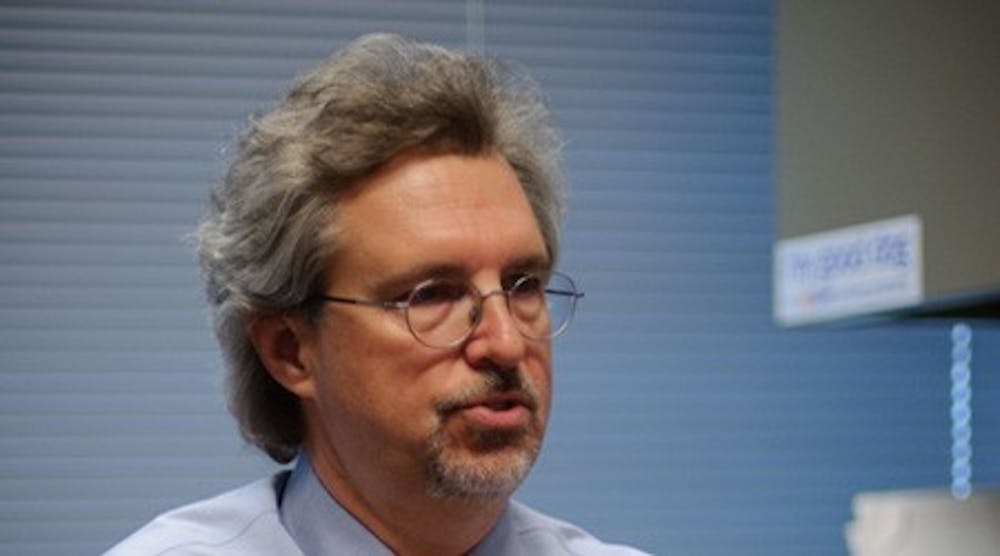An ASU professor who specializes in the research of First Amendment court cases said Wednesday’s Supreme Court ruling, which favored a radical church’s picketing of a 2006 military funeral, was a victory for freedom of speech rights.
The 8-1 ruling upheld the speech rights of the Westboro Baptist Church, a Kansas-based church that has protested several military funerals with signs that read “God hates fags” and “Thank God for dead soldiers.” The court’s recent ruling involved the funeral protest of Matthew Snyder, a Marine killed in Iraq during a noncombat related incident in March 2006.
Joseph Russomanno, an associate professor at ASU’s journalism school, was present during the Supreme Court proceedings in October in Washington, D.C.
“This country and this Supreme Court have a history of affirming these kinds of First Amendment rights; they have done so through a number of cases,” Russomanno said.
Russomanno said he has been involved with the Westboro church case for some time. His research has even taken him to Topeka, Kan., the location of the church.
Whenever a case of this nature is brought to the courts, many people involved in the case worry about the “slippery slope,” Russomanno said. Many First Amendment advocates worried that ruling in favor of the plaintiff, Albert Snyder, father of Matthew, would be carving out exceptions to First Amendment rights.
After his son’s funeral, Albert Snyder filed a civil lawsuit against the church and a jury ruled in his favor, holding the church responsible for millions of dollars in compensation and punitive damages. The church challenged the verdict, and the case was eventually brought to the Supreme Court.
Albert Snyder argued that the church’s actions had caused him emotional distress and had intruded on his right to privacy.
However, Snyder was not aware of the picketer’s message until watching a news broadcast later that night, having only seen the “tops” of the picketer’s signs, Chief Justice John Roberts wrote in the majority opinion.
“How can you say your privacy was invaded when you didn’t even know they were there?” Russomanno said.
Speech is powerful, Roberts wrote.
“It can stir people to action, move them to tears of both joy and sorrow, and — as it did here — inflict great pain,” he wrote.
The majority opinion outlined two primary factors that required a ruling in favor of the church.
First, the message that the church was trying to communicate was of public interest.
Russomanno said one of the main reasons for the court’s decision is that freedom of speech is meant to protect Americans’ rights to discuss public matters openly, freely and unmolested by the government, a right that takes safeguarding.
“[The courts decision] leaned heavily on making sure that that kind of debate, that kind of discussion of issues of public importance, that right is upheld,” Russomanno said.
The second factor that directed the court’s decision was the nature of the church’s picketing, he said. The members of the church who chose to picket the funeral of Snyder’s son were 1,000 feet away from the funeral, and were picketing in a peaceful manner.
Philosophy junior Tom Belnap disagrees with the opinion of the Supreme Court.
“There is a difference between harassment and expression, and I don’t believe the First Amendment right should be recognized as a tool to attack other people,” said Belnap, who previously wrote an exposition paper on the Westboro church.
Belnap said he feels drawing distinctions such as these is an important facet of social interaction.
Reach the reporter at sjlane1@asu.edu





